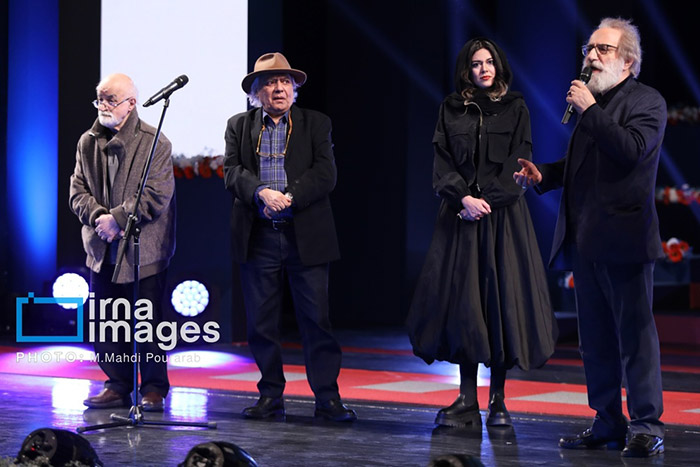Challenges and Criticism
Despite its significance, the Fajr Film Festival has not been without controversy. Over the years, it has faced criticism regarding censorship, as filmmakers must adhere to strict content guidelines set by the Ministry of Culture and Islamic Guidance. Some films have been disqualified or heavily edited to meet the festival’s regulations, sparking debates about artistic freedom in Iran. Additionally, the festival’s political undertones have led to boycotts by certain filmmakers who refuse to participate due to ideological differences.
Another challenge has been the fluctuating participation of international filmmakers. While the festival has successfully attracted films from various countries, political tensions and international sanctions have sometimes limited its global engagement. Nonetheless, the festival continues to strive for a balance between local cultural values and international cinematic standards.
Future Prospects
Looking ahead, the Fajr Film Festival aims to strengthen its position as a leading film festival in the Middle East. Efforts are being made to enhance its international appeal by inviting more foreign filmmakers, critics, and industry professionals. Digital advancements and online screenings are also being explored to expand the festival’s accessibility to a global audience.
With its deep-rooted history and commitment to showcasing Iranian and international cinema, the Fajr Film Festival remains a cornerstone of Iran’s cultural and artistic identity. As it continues to evolve, it will undoubtedly play a crucial role in shaping the future of Iranian cinema and its global presence.

